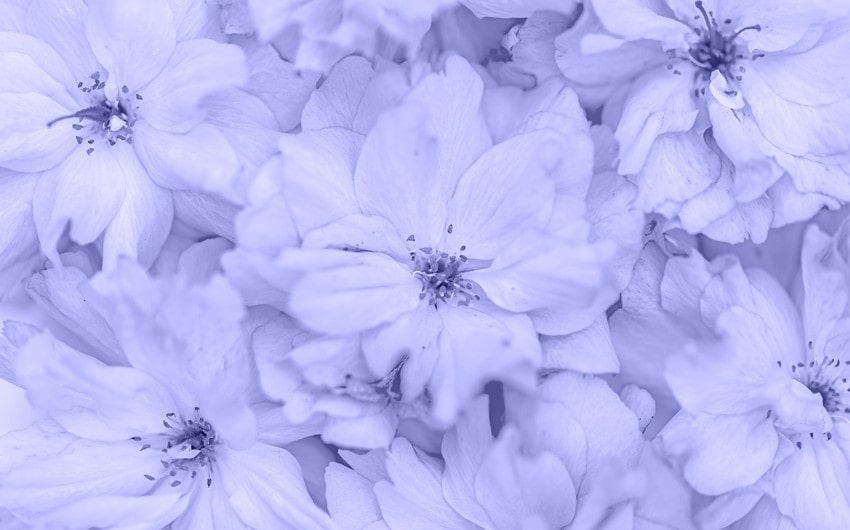Unveiling The Rich Heritage Behind Lila Name Meaning Origins
Choosing a name is a meaningful decision, and some names carry a timeless charm that spans cultures. Lila is one such name—elegant, short, and rich in history. It has appeared in various languages, each adding a unique touch to its significance. Whether you’ve come across it in literature, heard it in different pronunciations, or are considering it for a child, this name holds a special appeal.
In this article, we’ll explore its origins, meanings, and cultural influences, uncovering why it continues to be a beloved choice for many families around the world.
Origin and Meaning of Lila
The name Lila has roots in multiple languages and cultures, each contributing to its rich meaning. In Sanskrit, Līlā (लीला) means “divine play” or “cosmic dance,” often associated with spiritual and philosophical concepts. In Arabic, Lila (ليلى) translates to “night,” symbolizing beauty, mystery, and elegance. Meanwhile, in Hebrew, it is linked to Layla, which also means “night.” The French variation, derived from lilas, refers to the lilac flower, adding a floral and poetic touch to its significance.
Across different traditions, Lila embodies various symbolic meanings, from grace and creativity to depth and serenity. Its multicultural essence makes it a name that resonates with people across generations, carrying a timeless charm no matter where it is used.

Lila in Different Cultures and Traditions
Sanskrit and Hindu Philosophy: In Sanskrit, Līlā (लीला) is deeply rooted in Hindu philosophy, referring to the divine play of the universe. It represents the way deities, such as Krishna, engage with the world in a joyful and spontaneous manner. The concept of Līlā suggests that life itself is a beautiful, ever-changing dance, making the name a symbol of grace, joy, and spiritual depth.
Arabic and Middle Eastern Influence: In Arabic-speaking cultures, Lila (ليلى) means “night” and is often associated with beauty, mystery, and romance. The name became widely recognized through the famous Arabic love story Layla and Majnun, a tragic tale of deep devotion. This connection gives Lila a poetic and timeless quality, making it a beloved name in many regions.
Hebrew and Biblical Connections: In Hebrew, Lila is closely related to Layla, meaning “night.” While not a common biblical name, it carries symbolic significance, representing tranquility, introspection, and the peacefulness of the nighttime. Many people with Jewish heritage appreciate the name for its gentle and melodic sound.
French and European Influence: In French, Lila is often linked to the word lilas, meaning lilac, a delicate and fragrant flower. This association gives the name a soft, romantic, and nature-inspired charm. In European countries, Lila is sometimes used as a diminutive of longer names like Delilah or Leila, further expanding its versatility.
Modern Global Usage: Today, Lila is widely embraced across different cultures, appreciated for its simplicity and elegance. It has become a popular name in English-speaking countries, often chosen for its classic yet modern appeal. Whether used for its spiritual depth, poetic beauty, or floral connection, Lila remains a name that carries a rich and diverse heritage.
Popularity and Trends of the Name Lila
Lila has steadily grown in popularity over the years, especially in English-speaking countries. In the United States, it has been a favored choice for baby girls, consistently ranking in the top 200 names. Its rise can be attributed to its soft and melodic sound, making it an appealing alternative to names like Lily, Layla, and Delilah. Celebrities and public figures naming their children Lila have also contributed to its widespread recognition.
Outside the U.S., Lila is equally loved in countries like the United Kingdom, Canada, and Australia. In France, it is commonly associated with the lilac flower, giving it a romantic and timeless feel. Meanwhile, in Arabic-speaking and Hebrew-speaking regions, variations like Layla and Leila remain popular due to their cultural significance. The name’s adaptability across different languages and traditions makes it a global favorite.
Social media and pop culture have further influenced the name’s popularity. Characters in books, TV shows, and movies named Lila have given it a modern, stylish appeal. Its short yet sophisticated nature makes it easy to pronounce and spell, adding to its universal charm. As trends shift toward simple, classic names with deep meaning, Lila continues to be a top choice for parents worldwide.
Variations and Similar Names
Different Spellings and Forms
Lila has several variations in spelling, each adding a unique touch while maintaining the name’s elegant simplicity. Some common spellings include Lilah, which gives it a slightly softer, vintage feel, and Lyla, which has a modern twist. The Arabic and Persian spelling Leila (or Layla) is also widely used, emphasizing its connection to the word “night.” In some cases, Lilla is seen as a variation, particularly in Scandinavian countries, where it means “little” in Swedish.
Names with Similar Sounds
If you love the sound of Lila but want something slightly different, there are several names with a similar rhythm and charm. Lily shares the same soft elegance and floral connection, while Delilah offers a longer, more dramatic alternative. Lana and Lina carry the same graceful simplicity, making them great alternatives for those who like short, melodic names. Additionally, names like Isla and Mila have gained popularity in recent years and share Lila’s smooth, flowing sound.
Related Names Across Cultures
Many cultures have names with meanings and origins similar to Lila. In Hebrew, Layla is a direct variation, symbolizing the beauty and serenity of the night. In Sanskrit, Leela or Līlā carries the same spiritual meaning of divine play. The French name Liliane, often shortened to Lili, has a similar delicate feel. Even names like Violet or Dahlia, which are floral-inspired like the French lilas, could be considered stylistic alternatives to Lila.
These variations and similar names make Lila a flexible and timeless choice, appealing to a wide range of preferences and cultural backgrounds.
Personality Traits and Symbolism Associated with Lila
Graceful and Creative Nature
People named Lila are often associated with elegance, creativity, and a free-spirited nature. The name’s origins in Sanskrit, where it means “divine play,” reflect a sense of spontaneity and artistic expression. Many individuals with this name are believed to have a deep appreciation for beauty, whether in art, music, or nature. They tend to be imaginative and enjoy expressing themselves in unique ways, making them natural artists, writers, or performers.
Mysterious and Introspective Qualities
With its connection to the Arabic and Hebrew word for “night,” Lila carries an air of mystery and introspection. People with this name may be thoughtful, intuitive, and emotionally deep. They often have a strong inner world and may be drawn to philosophy, spirituality, or deep conversations. Like the quiet beauty of the night, they can be calming presences, offering wisdom and understanding to those around them.
Symbolism of the Name Lila
Lila is often linked to themes of transformation, depth, and grace. The Sanskrit meaning suggests a cosmic dance, symbolizing a person who embraces life’s changes with ease and joy. In the French context, where it is associated with lilac flowers, the name represents renewal, love, and tranquility. Additionally, in numerology, Lila is often linked to the number 7, which represents wisdom, introspection, and spiritual growth. These symbolic associations make Lila a name that carries a blend of beauty, intellect, and depth.







